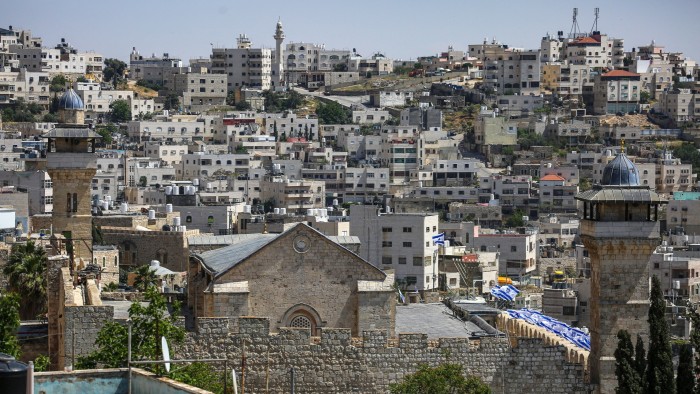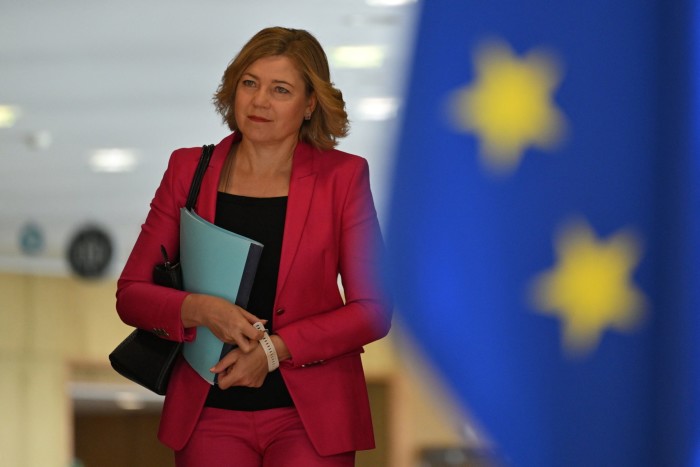Israel announces expansion of settlements in occupied West Bank

Unlock the Editor’s Digest for free
Roula Khalaf, Editor of the FT, selects her favourite stories in this weekly newsletter.
Israel is set to establish nearly two dozen new settlements in the occupied West Bank, a move hailed by ministers as “historic” but which is likely to increase international condemnation of the country.
The creation of 22 entire settlements across the West Bank, the biggest expansion in years, was announced on Thursday by defence minister Israel Katz and finance minister Bezalel Smotrich. They said it was a “decisive response” to Palestinian militancy and a way-station on the path to fully annexing the territory.
This is a “strategic move that prevents the establishment of a Palestinian state that would endanger Israel, and serves as a buffer against our enemies. This is a Zionist, security, and national response — and a clear decision on the future of the country,” Katz said in a statement.
Most of the international community views Israeli settlements as illegal, with the West Bank, East Jerusalem and the Gaza Strip seen as the basis of a future Palestinian state.
Since seizing the territories during the 1967 Arab-Israeli war, nearly 500,000 Jewish Israelis have settled in the West Bank alone, across about 350 settlements and smaller outposts and farms.
About 3mn Palestinians live in the territory under Israeli military rule and partial Palestinian autonomy.
As part of the move, Israel will rebuild two settlements in the northern West Bank dismantled in 2005 by a previous Israeli government, which Katz and Smotrich described as “fixing an historical injustice”.
The ruling coalition government led by Prime Minister Benjamin Netanyahu is widely viewed as the most rightwing in Israeli history, with several ultranationalists — such as Smotrich — serving in key cabinet posts with major influence over settlement policy.
Analysts expected several far-flung outposts — deemed illegal even under Israeli law — to be authorised as part of the sweeping new move, as well as the building of wholly new settlements at strategic locations that would threaten the viability of any future Palestinian state.
International pressure on Israel has drastically escalated this month, primarily over the Gaza war and the humanitarian catastrophe unfolding in the Palestinian enclave after nearly 20 months of war.
Governments including the UK, Germany and Italy, which had supported Israel in the wake of Hamas’s October 7 2023 attack that triggered the conflict, have become more vocal in demanding that Netanyahu end the war.
Some European states have threatened economic, diplomatic and military sanctions against Israel, while others are considering recognising a Palestinian state. They have also consistently opposed new West Bank settlement construction and have condemned the increasingly brazen attacks by Israeli settlers against Palestinians.
The UK, France and Canada last week issued a joint letter condemning the Israeli government’s “egregious” actions in Gaza and warned that they would take “concrete actions” if it did not halt its renewed military offensive and allow enough aid to enter the territory.
The UK later froze talks over a new free trade agreement with Israel, while the EU said it was “reassessing” the critical association agreement it has with Israel. The letter also warned against “any attempt to expand settlements in the West Bank”, with the three states threatening “further action, including targeted sanctions”.





